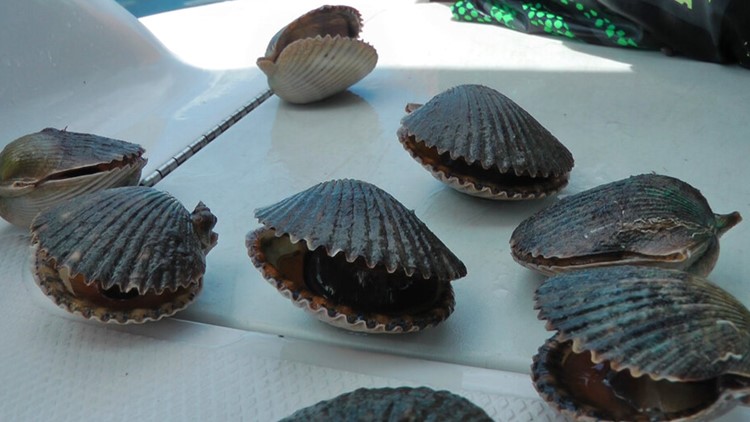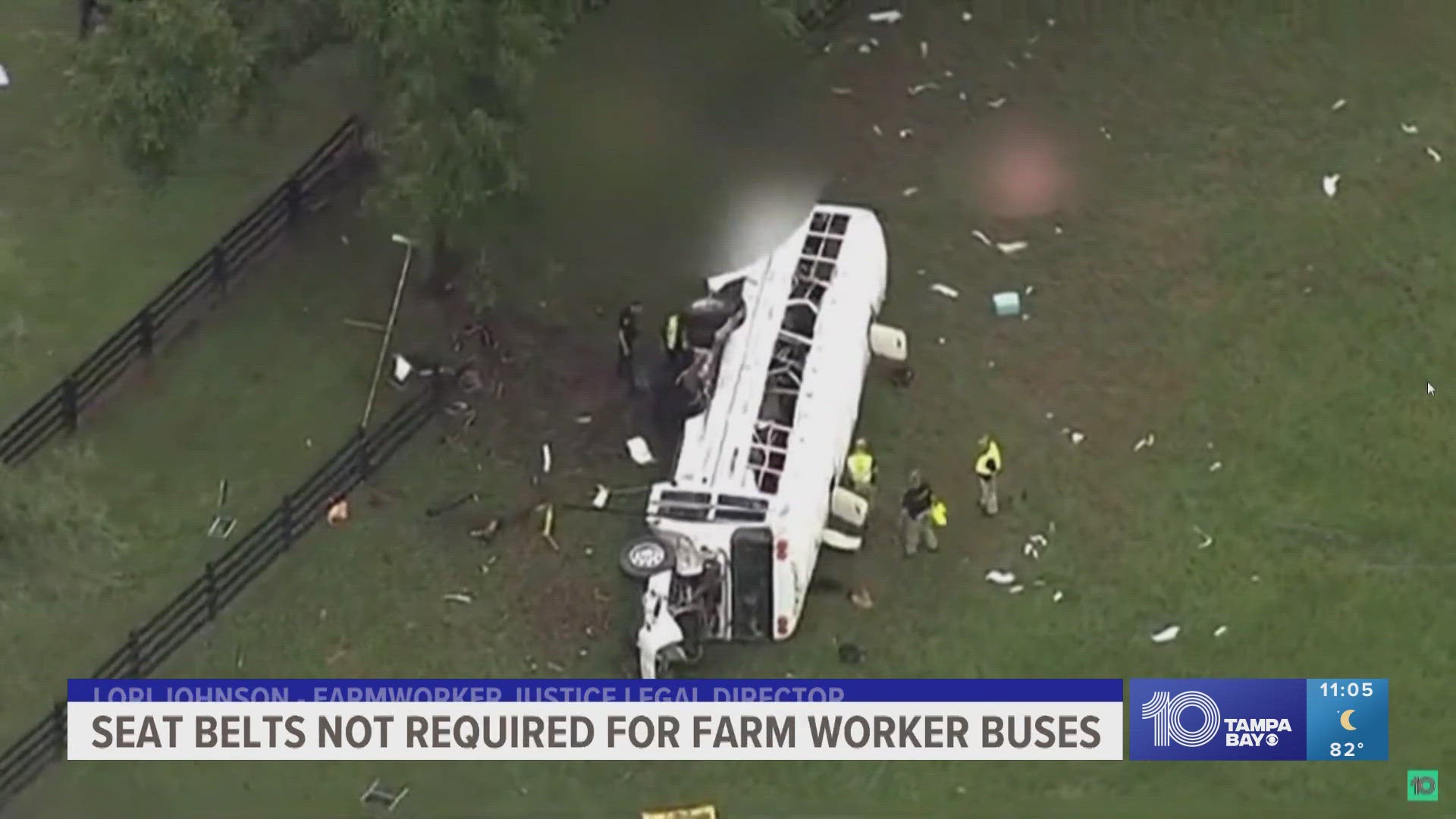FLORIDA, USA — Grab a net, it's the time of the year when fishermen and underwater explorers are harvesting scallops.
Knowing when it's OK to capture scallops along the Florida Gulf Coast can be tricky. When you can harvest depends on the zone and time of the year, according to Florida Fish and Wildlife Conservation Commission.
In Levy, Citrus and Hernando counties, scallop season begins July 1 and ends Sept. 24. Harvesting in the Pasco County zone begins the third Friday of July and lasts 10 days — so from July 15 until July 24.
Up in the panhandle, the Gulf County zone allows scallop harvesting from Aug. 16 through Sept. 24. As you travel along the coast, Franklin to Northwest Taylor County scallop season begins July 1 through Sept. 24 and Fenholloway – Suwannee River zone season starts June 15 through Labor Day.
What else do you need to know?
From Levy County down to Pasco County, the daily bag limit is 2 gallons of whole bay scallops in shell or 1 pint of bay scallop meat per person. The limit per vessel includes a maximum of 10 gallons of whole bay scallops in shell of half-gallon bay scallop meat.
Harvesters are only allowed to collect scallops by hand or by using a landing or dip net.
Recreational harvesters need a Florida saltwater fishing license, FWC says. Exemptions from a license include having a no-cost shoreline fishing license and wading from a shore to collect scallops. This means your feet do not leave the floor to swim, snorkel or scuba and harvesters do not use a vessel to reach or return from the harvest location.
Bay scallops live in shallow, nearshore waters along Florida's Gulf Coast. They can be found anywhere from Pensacola down to the Florida Keys, according to FWC.
Where can you find them?
Normally scallops can be found nestled in seagrass beds and can easily be spotted by their electric blue eyes.
When it's not harvesting season, scallops are also helpful to the underwater ecosystem. Scallops improve water quality by acting as a filter.



